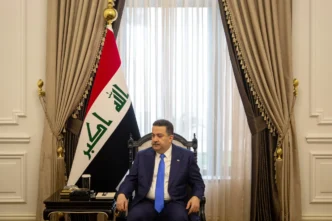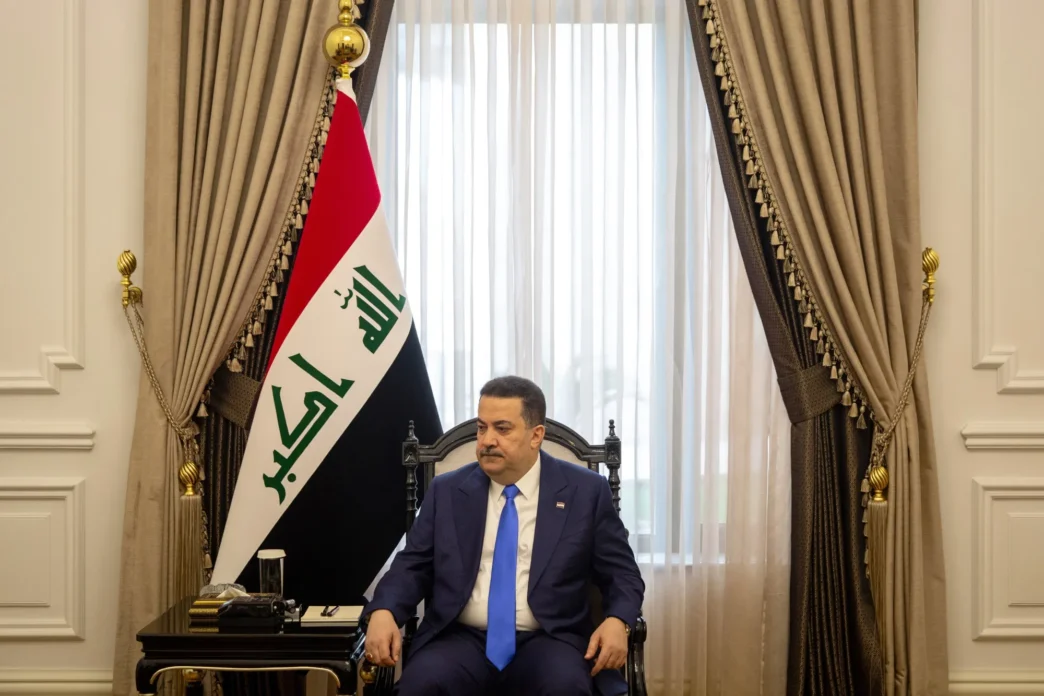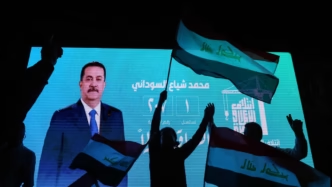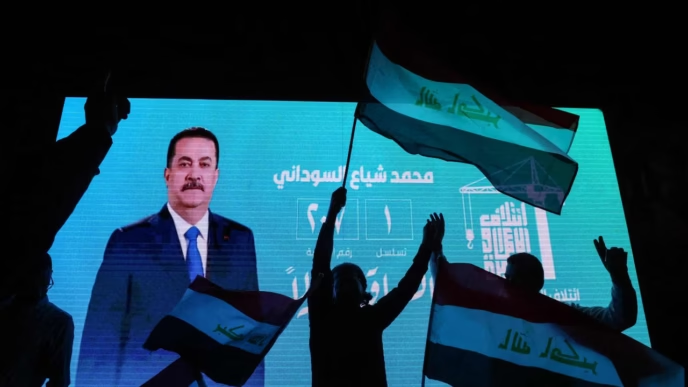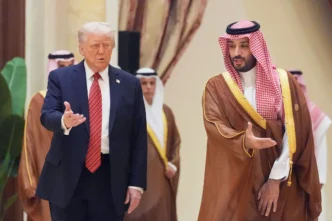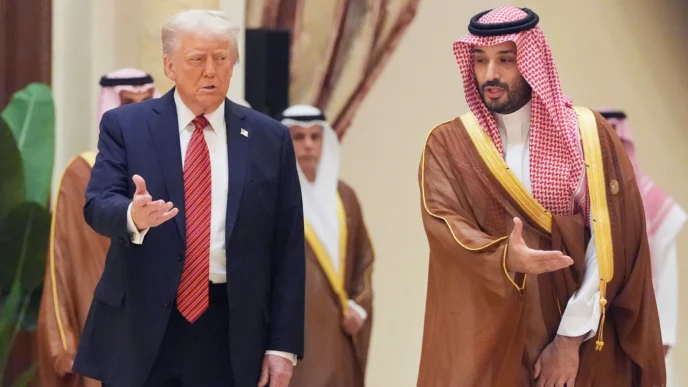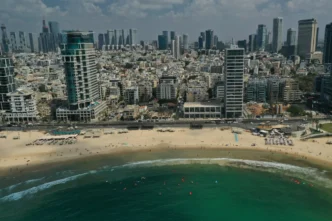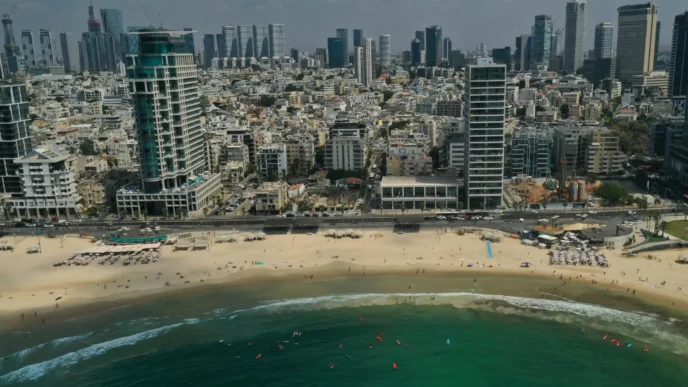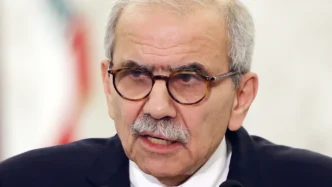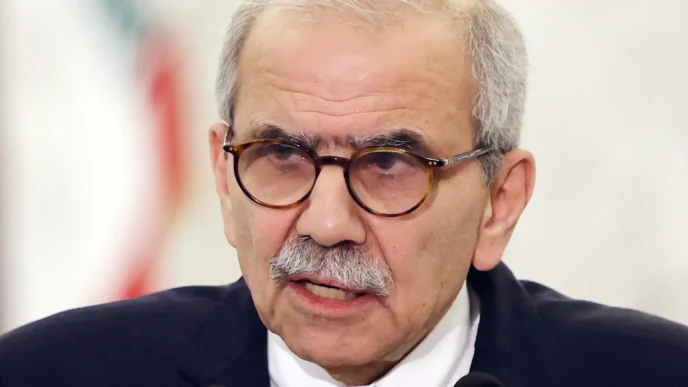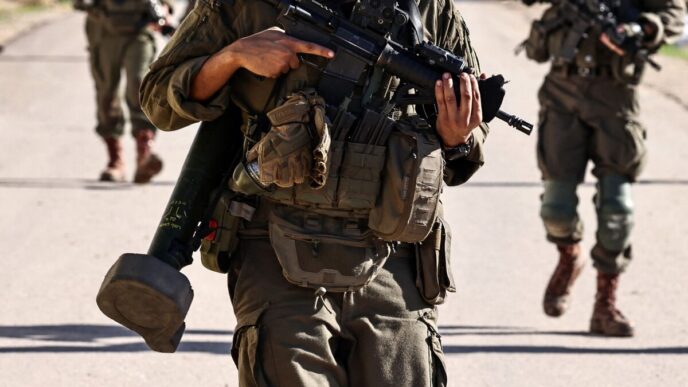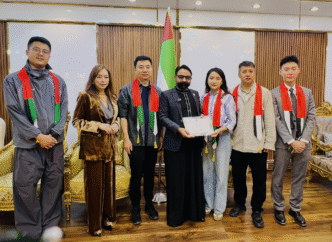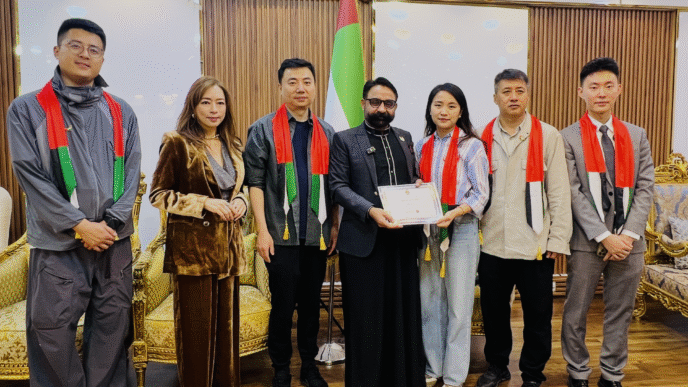Iraqi Prime Minister Muhammad Shia al-Sudani has unveiled bold plans to reshape the nation’s economy if he secures a second term, emphasizing reform, infrastructure investment, and social welfare as central pillars of his political platform. Speaking at a campaign rally in Baghdad on Monday, al-Sudani framed his potential re-election as an opportunity to accelerate Iraq’s economic recovery amid persistent challenges including inflation, unemployment, and declining oil revenues.
A Vision for Economic Reform
Al-Sudani outlined a multi-pronged economic strategy aimed at diversifying Iraq’s oil-dependent economy, improving government efficiency, and attracting foreign investment. Key initiatives include:
- Infrastructure Development: Launching nationwide projects in electricity, transportation, and water systems to create jobs and stimulate growth.
- Private Sector Support: Incentivizing small and medium-sized enterprises (SMEs) and reducing bureaucratic hurdles for domestic and foreign investors.
- Social Welfare Expansion: Improving access to education, healthcare, and housing to address widespread public discontent over inequality and unemployment.
- Energy Sector Reform: Enhancing oil production efficiency while investing in renewable energy and modernizing electricity grids.
“Iraq’s economic potential is vast, but we must act decisively,” al-Sudani said. “With the right reforms, we can ensure that every Iraqi benefits from the country’s wealth, not just a few.”
Challenges Ahead
Iraq faces a complex economic landscape shaped by years of conflict, political instability, and reliance on oil exports, which account for over 90% of government revenue. International financial institutions warn that without structural reform, Iraq could struggle to sustain public services, attract investment, and stabilize its currency.
Al-Sudani’s plan comes at a critical time, as inflation rates remain high and youth unemployment hovers above 20%. Critics argue that ambitious infrastructure and welfare projects could exacerbate public debt if not paired with effective fiscal management.
“The Prime Minister’s vision is laudable, but implementation will be the real test,” said Dr. Hana Al-Karim, an economist at Baghdad University. “Reforming Iraq’s economy requires not only policy changes but also overcoming entrenched corruption and political fragmentation.”
Political Context
Al-Sudani, who took office in late 2022, has positioned himself as a pragmatic technocrat capable of bridging Iraq’s fragmented political landscape. His first term focused largely on security and governance, achieving moderate success in curbing militia influence and improving public sector accountability.
The upcoming parliamentary elections, slated for late 2025, will determine whether al-Sudani can secure a second term to implement his economic agenda. Early polling suggests he faces strong competition from populist and nationalist figures who criticize government inefficiency and corruption.
Public Reaction
Reaction among Iraqi citizens is mixed. Business leaders and investors express cautious optimism, hopeful that al-Sudani’s reforms could stabilize markets and encourage foreign capital.
“If he delivers on even half of these promises, it could be transformative for Iraq’s private sector,” said Ahmed Salim, CEO of a Baghdad-based logistics firm.
Meanwhile, ordinary Iraqis remain skeptical, noting that past governments frequently announced ambitious economic plans without tangible results. For many, the real measure will be visible improvements in electricity, water, and job opportunities rather than campaign speeches.
International Perspective
Foreign governments and financial institutions are closely monitoring al-Sudani’s proposals. Iraq’s economy is heavily influenced by oil markets, regional geopolitics, and international lending institutions, making reform dependent on both domestic policy execution and global economic conditions.
The United States, European Union, and Gulf countries have emphasized the importance of transparent governance and economic diversification in Iraq, particularly in reducing the influence of militias and corruption on public contracts.
Looking Ahead
Al-Sudani has framed his potential second term as a decisive moment for Iraq’s economic trajectory, promising both reform and stability. However, the success of his agenda will hinge on navigating entrenched political rivalries, implementing structural reforms, and securing international support.
As Iraq approaches its next election cycle, the question remains: can al-Sudani transform bold economic promises into tangible improvements for millions of Iraqis, or will challenges of politics and bureaucracy once again impede progress?


